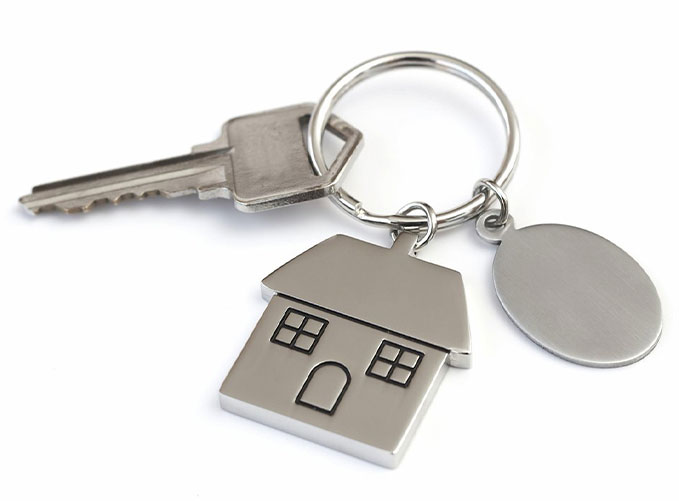The recent high-rise building failures in Sydney will also affect us here in the Northern Rivers. The New South Wales Government initiated reforms to strata laws that came into effect last December. Hopefully, these changes will be a significant step towards rectifying longstanding issues plaguing the strata system in this state.
Inadequate strata law protection is one of the reasons why unit and apartment prices have historically lagged behind stand-alone house prices. This does not need to be the case. Good strata developments should provide sufficient amenities and convenience to justify paying equal to or better than a house on freehold land. Unfortunately, not all unit developments are up to scratch, and buyers are understandably wary of strata when things can go wrong.
City Problems
High-profile incidents like Mascot Towers and Opal Tower in Sydney prompted these recent rule changes. Bullet points of the changes are below. Most of these major incidents in Sydney raised serious safety concerns and led to the temporary evacuation of occupants. This degree of problem will not be such an issue in Byron Shire, where we have a three-story maximum height limit.
Embedded Networks
This is a new problem emerging within the strata development sector. Embedded networks involve developers establishing private electricity networks within strata schemes, allowing them to buy electricity in bulk and sell it to residents at marked-up prices. This practice has been criticized for its lack of transparency and potential for exploiting unsuspecting buyers. Buyers can be overcharged for services without transparency in a locked-in deal that is not advantageous to them. However, let’s not lose sight of its advantages. Some developers, like Nightingale in Melbourne, can use Embedded Networks to provide residents better access and prices from service providers.
Due Diligence
As a buyer’s agent researching a unit purchase, there are three things I first look for: 1. Are the strata fees excessive? 2. Is there a breakdown in the body corporate management, and 3. Are there hidden maintenance costs lurking in the background that the selling agent and vendor are not disclosing?
Unlike large high-rise projects in the city, there are fewer moving parts to worry about here in Byron Shire, which has a three-story limit. Many duplexes or small three —or four-unit developments usually share a driveway or a fence and not much else. As long as a functioning insurance policy is in place, most unit purchases are safe, but checking all the details is highly recommended.
To safeguard buyers’ interests, strata search should be included in the due diligence during the purchasing process. Scrutinizing body corporate Annual General Meeting (AGM) minutes and meeting records for any red flags related to structural issues or financial mismanagement is necessary. Previewing strata board minutes is a good way to check that all owners are getting along OK. This proactive approach can help mitigate risks associated with investing in strata properties and ensure buyers are fully informed before purchasing.
Good Strata Companies
Different options are available depending on the issues and the size of the complex type being examined. Strata North is a company with a long history in the Northern Rivers. For a more detailed inspection of strata records, Lesley Gates from Holmes Strata Reports can forensically search body corporate records.
In conclusion, the forthcoming changes to strata laws in NSW represent a pivotal moment in the ongoing efforts to overhaul the state’s strata sector. By addressing issues of transparency, accountability, and structural integrity, these reforms aim to restore confidence in the strata system and provide a more secure environment for residents and investors alike.
List of recent changes to the NSW strata laws:
- Amendments to Strata Schemes Management Act: Potential revisions or amendments to the Strata Schemes Management Act may include changes related to governance structures, decision-making processes, and dispute-resolution mechanisms within strata communities.
- Renovation and Maintenance Regulations: Updates to regulations concerning renovation and maintenance within strata properties, including guidelines on responsibilities for repairs, upgrades, and maintenance of common areas.
- Financial Management Requirements: Changes in financial management requirements, such as budgeting procedures, reserve fund contributions, and auditing processes for strata schemes.
- By-Law Revisions: Adjustments to by-laws governing behaviour, pet ownership, noise regulations, and other aspects of community living within strata developments.
- Environmental and Sustainability Measures: Introduce provisions promoting environmental sustainability and energy efficiency and adopting green technologies within strata properties.
- Short-Term Rental Regulations: Potential updates to regulations governing short-term rentals within strata properties, including restrictions on Airbnb-style rentals and enforcement mechanisms for compliance.
- Strata Committee Powers and Responsibilities: Clarifications or modifications to the powers and responsibilities of strata committees, including election procedures, decision-making authority, and accountability measures.
- Accessibility and Disability Accommodation: Enhancements to regulations ensuring accessibility and accommodation for residents with disabilities, including requirements for retrofitting common areas and individual units.
- Community Engagement and Participation: Initiatives aimed at fostering greater community engagement, participation, and transparency within strata developments, potentially through improved communication channels and consultation processes.
- Enforcement and Compliance Mechanisms: Strengthening of enforcement mechanisms and penalties for breaches of strata management laws, including measures to address non-compliance with by-laws and failure to meet regulatory obligations.

